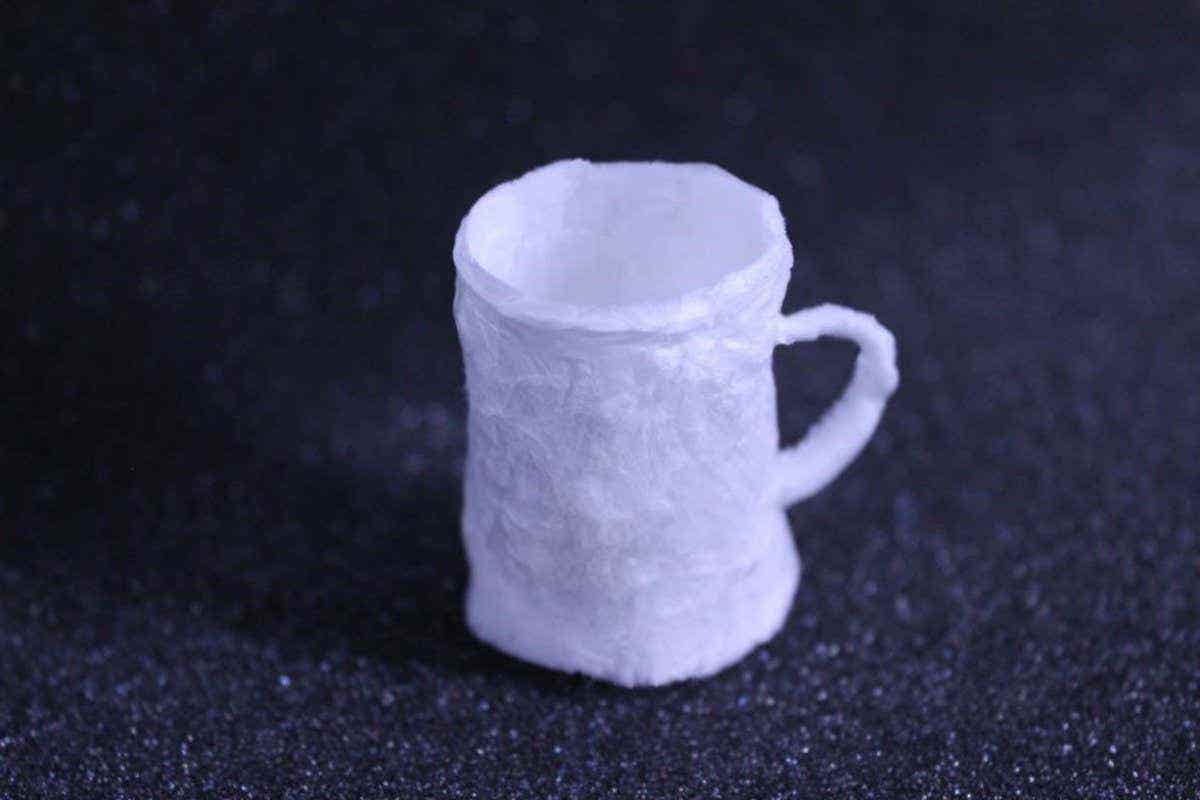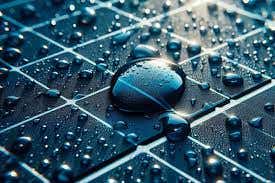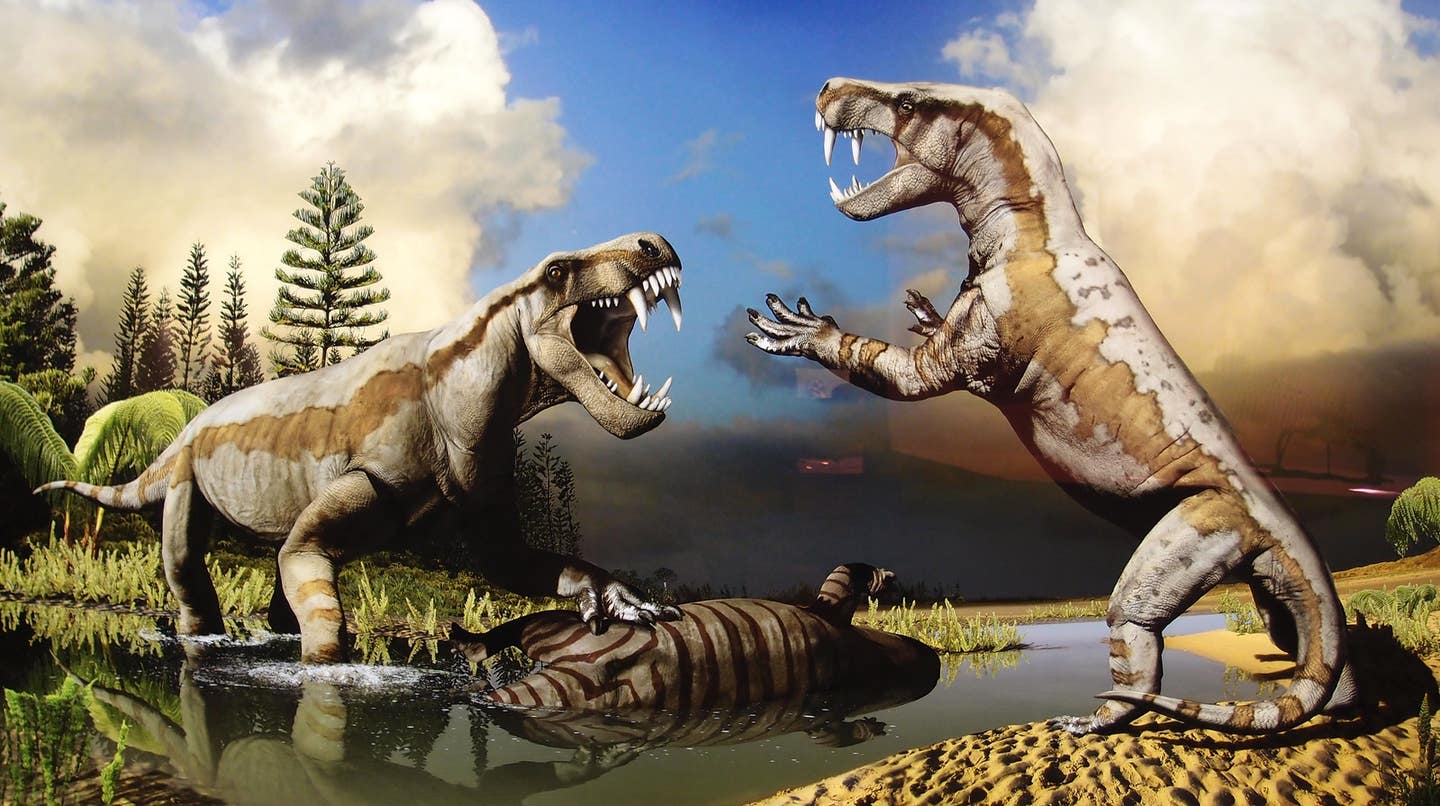A new plastic made from DNA, biodegradable and easy to recycle
At a time when pollution represents a growing threat to the future of the planet, it is essential to improve our recycling processes.

[Nov 29, 2021: Journal of the American Chemical Society]
Plastic cup made with DNA. (CREDIT: Dayong Yang / Tianjin University (China))
At a time when pollution, in all its forms, represents a growing threat to the future of the planet, it is essential to improve our recycling processes and develop materials that are more easily decomposable. In this effort, researchers at Tianjin University in China have designed an easy-to-recycle, biodegradable plastic made from DNA.
And the icing on the cake: its modeling requires little energy, as does its recycling. It is made by joining short strands of DNA to a chemical derived from vegetable oil, which produces a soft, gel-like material. The gel can be molded into molds and then solidified by a freeze-drying process that sucks the water out of the gel at a low temperature.
Related Stories
The main reason traditional plastics are bad for the environment is because they are made from non-renewable petrochemicals, require intense heating and toxic chemicals to manufacture, and take hundreds of years to break down. Only a small fraction is recycled, the rest ends up in landfills, incinerated or polluting the environment in different ways.
Plastic DNA strand model made with DNA. (CREDIT: Dayong Yang / Tianjin University (China))
As for alternative plastics derived from plant sources, such as cornstarch and algae, which are increasingly popular because they are renewable and biodegradable, their manufacture requires a lot of energy and they are difficult to recycle. Dayong Yang of Tianjin University in China and his colleagues wanted to design a plastic that could overcome these problems.
A plastic that can be decomposed by simple immersion in water
The researchers created several objects using their technique, including a cup, a triangular prism, puzzle pieces, a DNA molecule model, and a dumbbell-shaped piece. They then recycled these objects by dipping them in water to turn them back into a gel that could reshape them into new shapes.
The fascinating thing about this plastic is that it can be decomposed at will. “Most of the research has focused on developing biodegradable bioplastics, but if we really want to move towards a circular economy, we should also be able to recycle them, so they don’t go to waste,” says Damian Laird of Murdoch. University in Australia.
Another advantage of this new plastic is the wide availability of the starting material, since there are an estimated 50 billion tons of DNA on Earth. Yang and his colleagues used DNA from salmon sperm, but it could also be extracted from renewable sources such as crop debris, algae, or bacteria.
Since the production of DNA plastic does not require high temperatures, it produces 97% less carbon emissions than polystyrene plastic and can be broken down using DNA-digesting enzymes if not necessary. “As far as we know, the DNA-based plastics that we have suggested are the most environmentally sustainable materials among all other known plastics,” he adds.
The two main disadvantages of this plastic are that it is not as strong as traditional petrochemical plastics and must be kept dry so it does not gel. So it’s probably best suited for applications like packaging materials and electronics, Yang explains.
“We could also waterproof the plastic with DNA by coating it with waterproof chemicals, as we do with paper cups,” explains Maryam Naebe of Deakin University in Australia. Yang says his team is already planning to make commercial products out of this plastic.
For more environmental news stories check out our Green Impact section at The Brighter Side of News.
Like these kind of feel good stories? Get the Brighter Side of News' newsletter.
Tags: #Green_Good_News, #Research, #Plastic, #Recycle, #DNA, #Oil, #Material_Science, #The_Brighter_Side_of_News
Joseph Shavit
Head Science News Writer | Communicating Innovation & Discovery
Based in Los Angeles, Joseph Shavit is an accomplished science journalist, head science news writer and co-founder at The Brighter Side of News, where he translates cutting-edge discoveries into compelling stories for a broad audience. With a strong background spanning science, business, product management, media leadership, and entrepreneurship, Joseph brings a unique perspective to science communication. His expertise allows him to uncover the intersection of technological advancements and market potential, shedding light on how groundbreaking research evolves into transformative products and industries.



